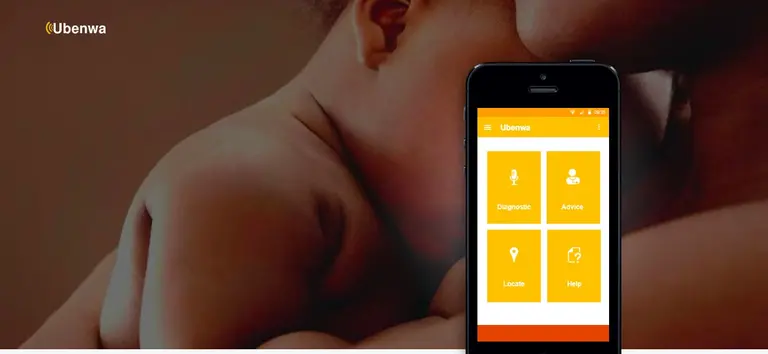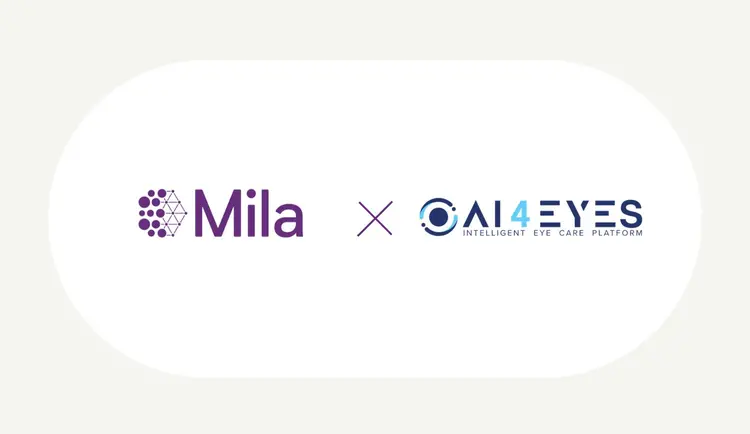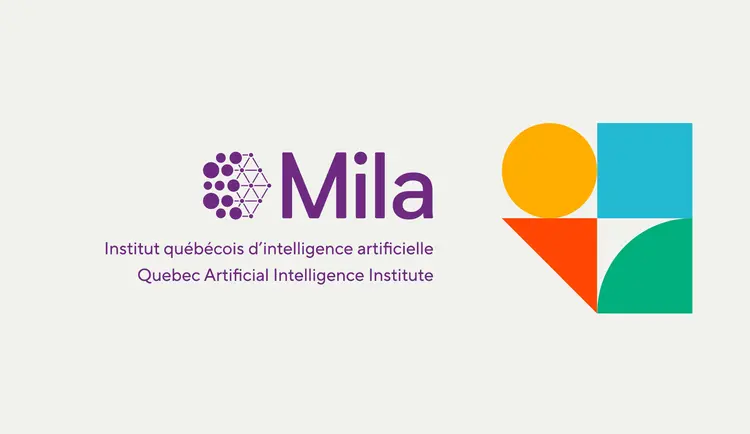
Ubenwa, a start-up initiated in 2017 and involving several students and professors from Mila, recently reached a crucial stage in its development with the launch of clinical studies at Nigeria’s Enugu State University Teaching Hospital and the McGill University Health Centre, enabling it to test its mobile app under real conditions.
The mobile app uses artificial intelligence to analyze the sound of a newborn baby’s cries, with the aim of detecting possible signs of respiratory distress and flag the risk of neonatal asphyxia, which is responsible for numerous infant mortality and severe disability cases every year, especially in developing countries.
According to Dr. Guilherme Sant’Anna, the study’s principal investigator in Montreal, “the significance of the app lies in the fact that it is fast, cost-effective, non-invasive and easy to use.” By recording an infant’s cries for a few seconds, anyone can detect the risk of asphyxia and seek location-specific advice on what to do in this event.
In recent months, the team completed a beta version of the app for gathering cry data. With more samples available, the team can now train the algorithm and improve the app’s performance. Since the beginning of January, the Ubenwa team, in close partnership with health professionals, is gathering cry data while developing a clinical workflow that can scale to multiple healthcare settings.
Ubenwa’s team plans to collect 10,000 cries from 2,500 newborn patients over two years. Once the clinical trials are completed, Ubenwa will have built the largest research-grade database of newborn cries, accompanied by clinical indications for each recording. By focusing on investigator-driven data acquisition, the team will confirm the app’s reliability, a crucial step in being adopted by the medical community.
The team includes Charles C. Onu (founder of Ubenwa) and Jonathan Lebensold, two doctoral students at Mila who are supervised by Doina Precup, CIFAR Fellow and Mila faculty member. Since 2018, the team has additionally been advised by Yoshua Bengio, Scientific Director of Mila.
Mila is committed to investing in the development of AI for social good. Ubenwa’s mobile app stands to save lives and improve outcomes for millions of newborns each year. The link with world-class researchers in the clinical domain as well as in artificial intelligence, in addition to Mila's social mission, made the collaboration between Mila and Ubenwa very natural.
The Ubenwa team had to overcome a number of challenges to launch a clinical trial on this scale. These included finding the right clinical partners, in terms of expertise, location and size, as well as convincing them to join in the effort. After designing and developing the clinical protocol in collaboration with partners, the team sought approval from research and ethics boards in Nigeria and Canada, thereby paving the way for future efforts in AI-driven health care at Mila.
These clinical trials are not only helping researchers better understand the link between an infant’s cries and potential health issues, they also raise new challenges for AI algorithms regarding model compression, out-of-distribution detection and doing deep learning in environments with unreliable connectivity and low-power devices. Ultimately, this study will also serve as a stepping stone towards building non-invasive, widespread and low-cost tools to screen newborns for various pathologies.





